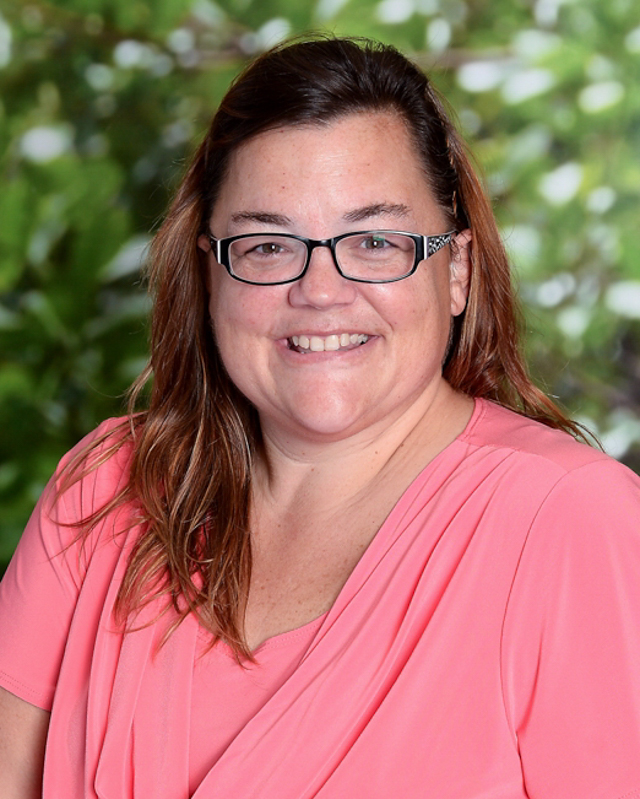

Creating Engaging Science Lessons Using Nearpod, Flipgrid and Flocabulary |
Explore and create : Creation lab
Nancy Penchev
In this session, we will take a deep dive into Nearpod, Flipgrid and Flocabulary, and see how they can be used to create engaging and exciting lessons in the science classroom. From teaching presentations to assessment tools, games to videos, it is all here in Flocabulary and Nearpod!
| Audience: | Coaches, Curriculum/district specialists, Teachers |
| Skill level: | Beginner |
| Attendee devices: | Devices required |
| Attendee device specification: | Laptop: Chromebook, Mac, PC Tablet: Android, iOS, Windows |
| Participant accounts, software and other materials: | Nearpod, Flocabulary, Flipgrid I will provide help setting up accounts as needed. |
| Topic: | Creativity & curation tools |
| Grade level: | PK-5 |
| Subject area: | STEM/STEAM |
| ISTE Standards: | For Educators: Designer
|
| Disclosure: | The submitter of this session has been supported by a company whose product is being included in the session |
| Related exhibitors: | Renaissance, Microsoft Corporation |
The objective of this session is to help Science teachers create engaging and exciting lessons for their classrooms. We will explore Nearpod, create a lesson, find lessons by standards, and find out about all the cool tools. We will explore the amazingness of Flipgrid and all the built in features. Finally, we will explore Flocabulary and search for Science standards and check out the resources built in to this program that excites students and gets them writing their own poems/raps.
1.Introduction of presenter
2. Nearpod
a. search standards
b. create own lessons
c. all the tools
d. call it out- share what you see/have used
3. Flipgrid
a search the library
b. setting it up
c. trying it out
d. call it out- share what you see/have used
4. Flocabulary
a. searching and finding
b. all the resources
c. trying it out
d. call it out- share what you see/have used
5. Focus and create for your class in small groups
https://nearpod.com/blog/tips-teaching-science-in-any-classroom/
Tips include using video, PHET Simulations, explaining scientific discoveries on Flipgrid
This video from Pocketful of Primary shows how to use Nearpod in Science with ideas like collaborate boards, open-ended questions to quickly get feedback, draw it, and sharing out responses that students submit to lead discussions.
https://youtu.be/BDfmsnq9Qg0
Laura Candler points out that Nearpod can be used on any device, which is super healpful, that teachers control what students see, and that Nearpod can be used as a homework review as well.
https://lauracandler.com/nearpod/
A review on Common Sense Media reports that Flocabulary takes students through all of Bloom's Taxonomy from recieving information to creation with the Lyric Lab! https://www.commonsense.org/education/website/flocabulary-teacher-review/4593716

Nancy Penchev is a STEM/Design Teacher and Instructional Technology Coordinator. She has led webinars on Uncommon Test Prep for EdWeb.net and Common Sense Media and Teacher Tech for PBS SoCal. She was published in Teaching in the Middle magazine, Association of Middle Level Educators, ISTE point/counterpoint, and PBS SoCal Teacher Blog. Nancy founded Girls Building STEAM and is a local award winner for the National Council for Women in Information Technology and a 2019 honorable mention for the STEM Excellence award from ISTE. Conference presentations include local, state, and international conferences.